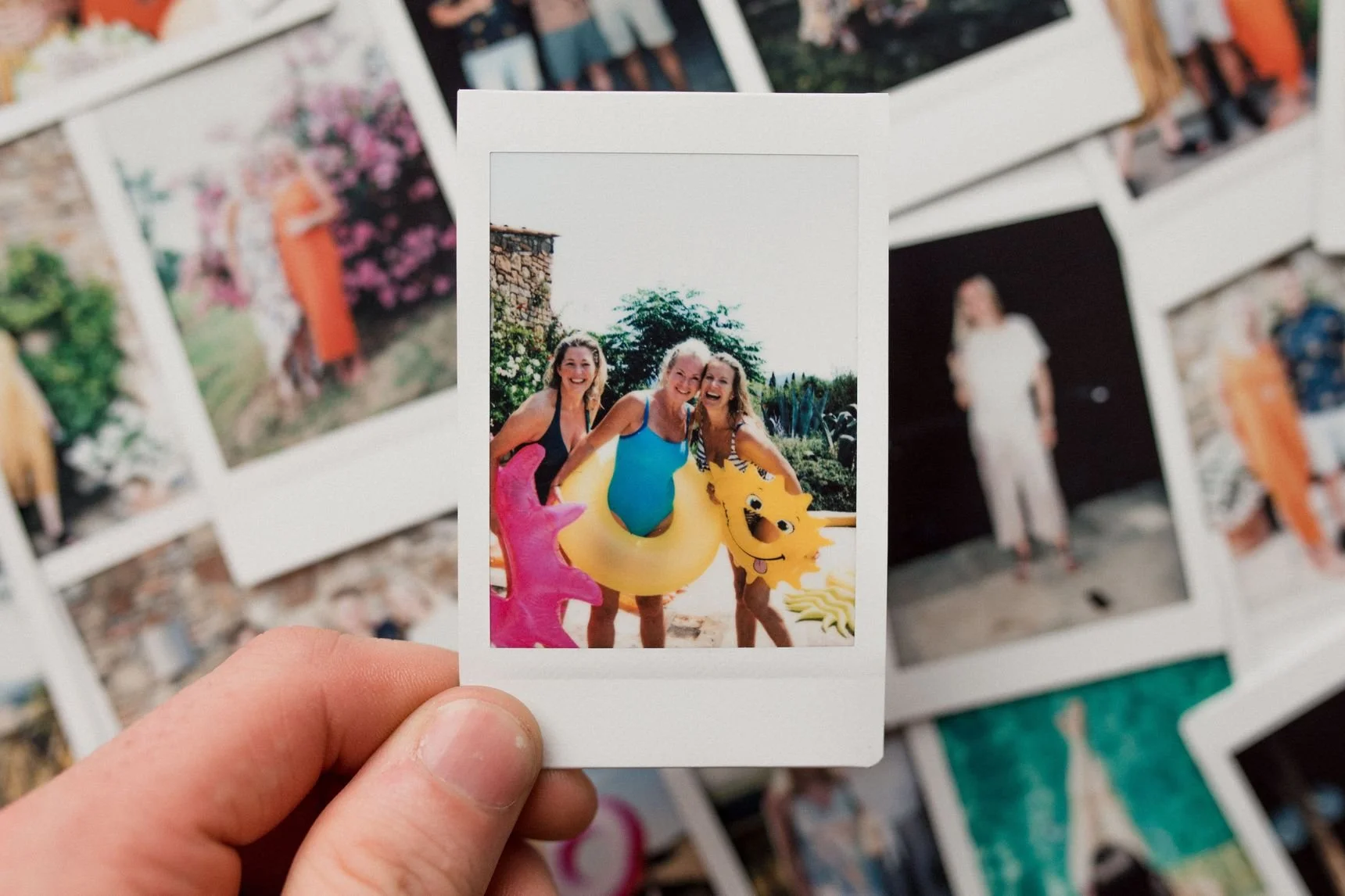Sourced from NPR | LifeKit | September 13, 2022, by Kavitha George and Sylvie Douglis
In 2015, psychologist and friendship expert Marisa Franco went through a tough breakup…
and felt like she had no more love in her life. So Franco leaned on her friends for support. They went and did yoga, cooked, and also even read together. As she and her friends grew closer, she realized that they provided a deep well of love, community, and healing. She began to understand the importance of non-romantic, non-family relationships.
Franco wants to help others experience this profound level of friendship. Her new book Platonic: How the Science of Attachment Can Help You Make — and Keep — Friends which came out this month, offers insights on how to improve the quality of platonic friendships.
Marisa Franco, Ph.D. is a psychologist, friendship expert, and author of Platonic: How the Science of Attachment Can Help You Make — and Keep — Friends. | Left: Darren Agboh/Right: G.P. Putnam's Sons
"It takes an entire community to feel whole," she writes in her book. Psychologists have theorized that humans need meaningful and social connections to survive. It's linked to our mental and physical well-being. Knowing that we have people that we can lean on, and who care for us, makes us feel safe and assured. The stronger these relationships are, the more likely we are to thrive.
Here are some tips that Franco offers to intensify our existing relationships.
1. Shower them with (platonic) affection
We often think that affection is some sort of love that we show in romantic relationships, but affection is more than just holding hands and kissing. It's also about communicating love and appreciation.
There are many ways to show platonic love to your friends. Tell them how much they mean to you. Tell them you are thinking of them in passing. Remind them of how grateful you are. These simple acts provide a layer of security within the relationship. It shows your friends that you care and lets them know it's safe to invest in your friendship. Sure, it might feel strange to show affection to a friend because, unlike romantic relationships, platonic relationships often lack a script for explicit declarations of love. Research has shown that these displays of affection are actually much appreciated.
Credit | Malaka Gharib/NPR
People's different levels of comfort — when it comes to affection — are not the same. Maybe one of your friends hates hugs but loves compliments. Talk to your friend to figure out their friendship and love language. You can ask questions like "How would you like me to show you that I really value you?"
2. Lavish them with your skills and talents
Being generous with your friends, and sharing your time or attention/resources with them is an easy way to nurture your friendships. It's an expression of love that shows you want to invest more in the relationship.
People want to be and stay friends with people who value them. Generosity is a way to express that. People who exhibited traits like generosity and empathy were more likely to build deep, long-lasting friendships than people who don't identify with those characteristics.
Think about your skills and talents -- find a way to turn those into a generous act. You can share acts of generosity like this with your friends too. For example, if you're great with kids, you might offer to babysit for your friends who are parents. If you're a gym rat, you could help your friend train for a race that they have coming up. If you got a raise at work, treat your friends to a fancy dinner to celebrate.
3. Spill your struggles, joys, and guilty pleasures
Think about how good it feels to tell a friend that you like trashy tv and their response is "me too!" We feel a deeper connection with people when our vulnerability is met with validation and support. It means that they accept us for who we are, the good and the bad.
It can be scary to open up our feelings. It can come with the risk of shame or rejection. Research has shown that people are a lot less likely to reject you for being vulnerable than you think.
4. Don't sweep your disagreements under the rug
It's hard to deal with conflict in friendships. People often see them as something that they're supposed to be fun and lighthearted, so they downplay their problems when they arise.
Being able to deal with conflict with friends in a healthy, constructive way can strengthen your friendships. It may be painful at first but it shows that you want to be authentic with them, which can help make your relationships better.
Here are some tips:
Start by telling your friend how much you value them, says Franco. It signals that the reason you're bringing up the issue is that you're invested in the friendship.
Use "I" statements when explaining your concerns so your friend doesn't feel like you're blaming them. For example, if you've noticed they've been canceling plans at the last minute since they started a new job, you might say: "I feel hurt when you bail on our plans without giving any notice."
Ask your friend for a different behavior you want to see in the future. For example, "It would be great if you gave me a heads up a few hours in advance if you know you're not going to be able to make it."
Conflict is actually linked to deeper intimacy. Those who were able to work out the problem with the people they are involved with can improve their relationships. So if you have an issue with a friend, don't sweep it under the rug. Try talking it out instead!












